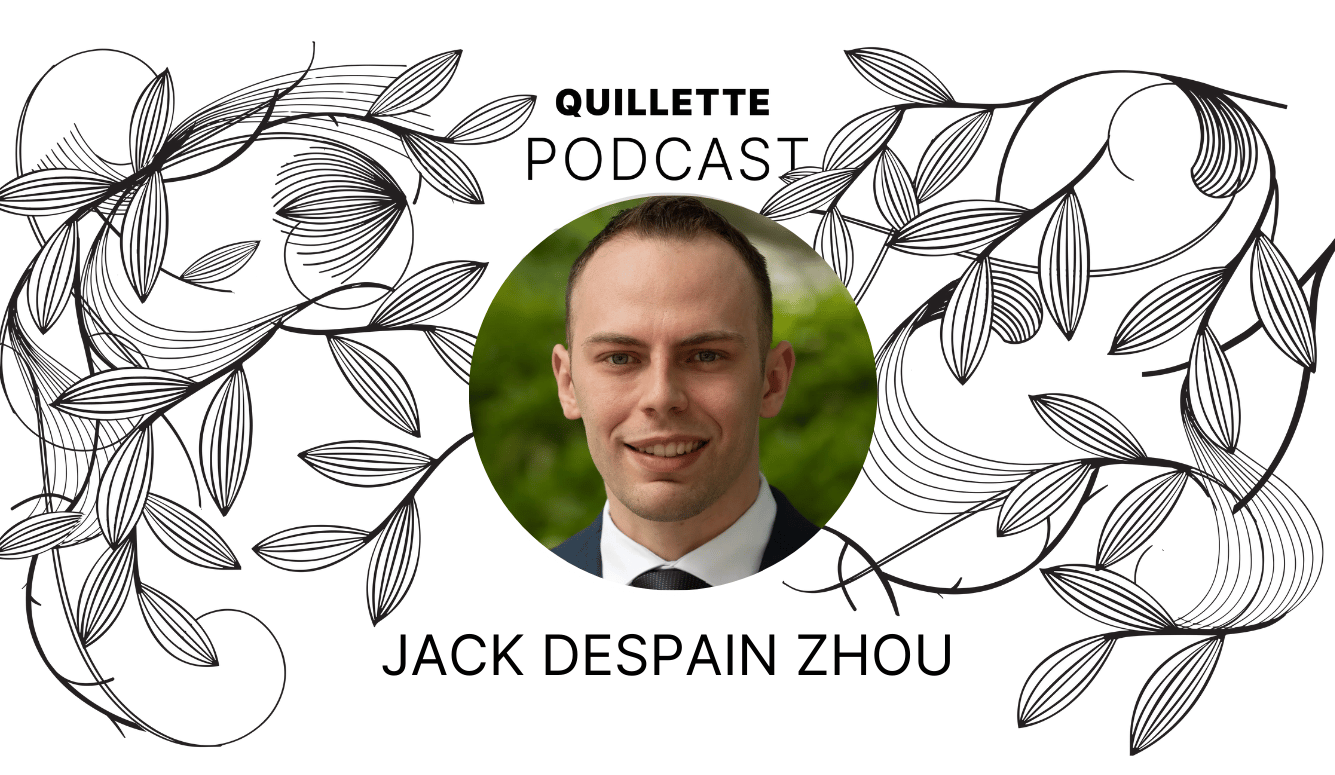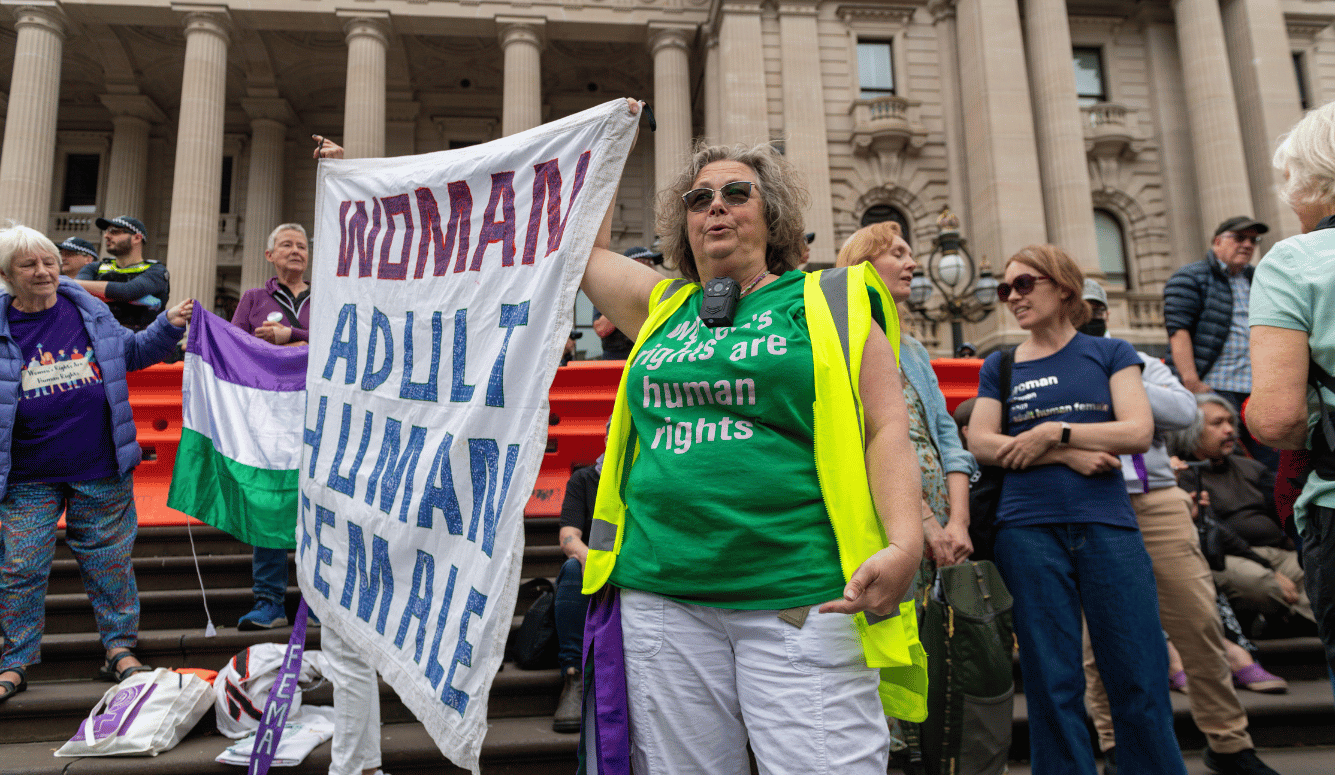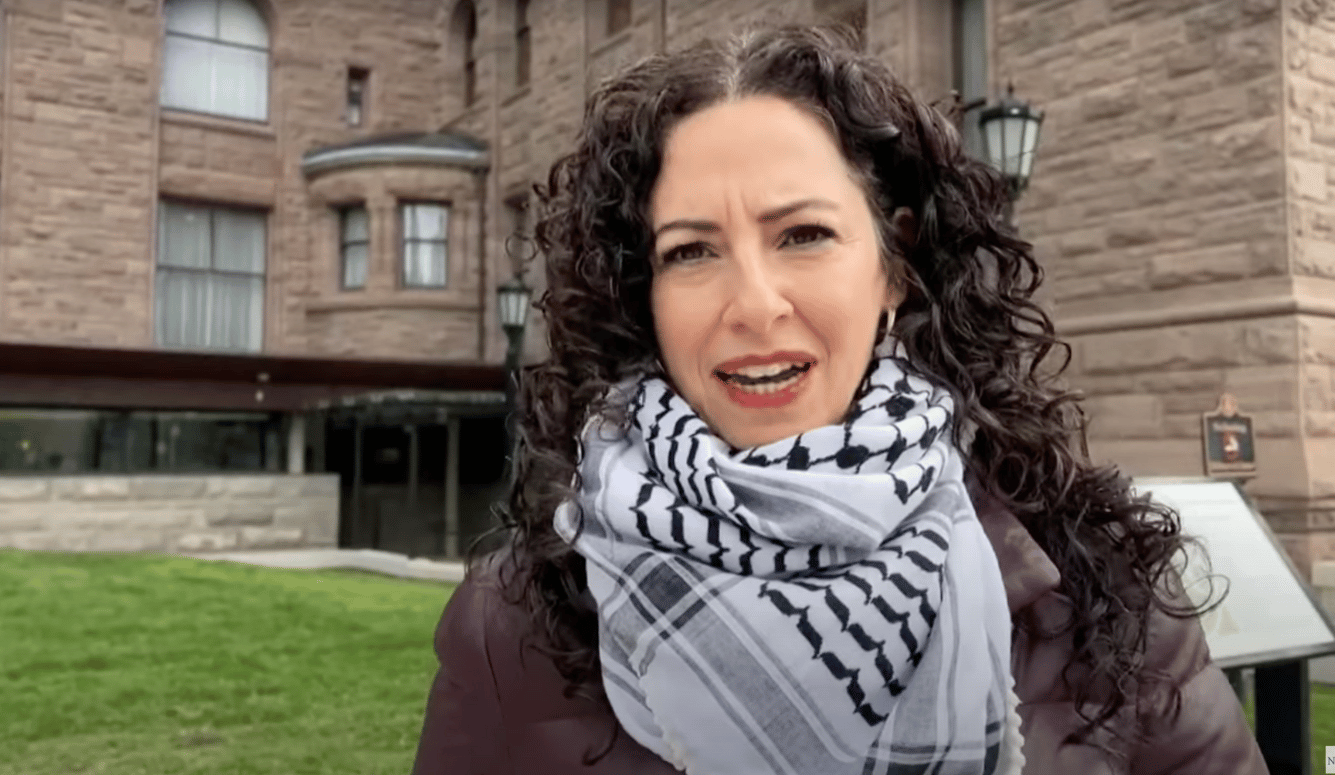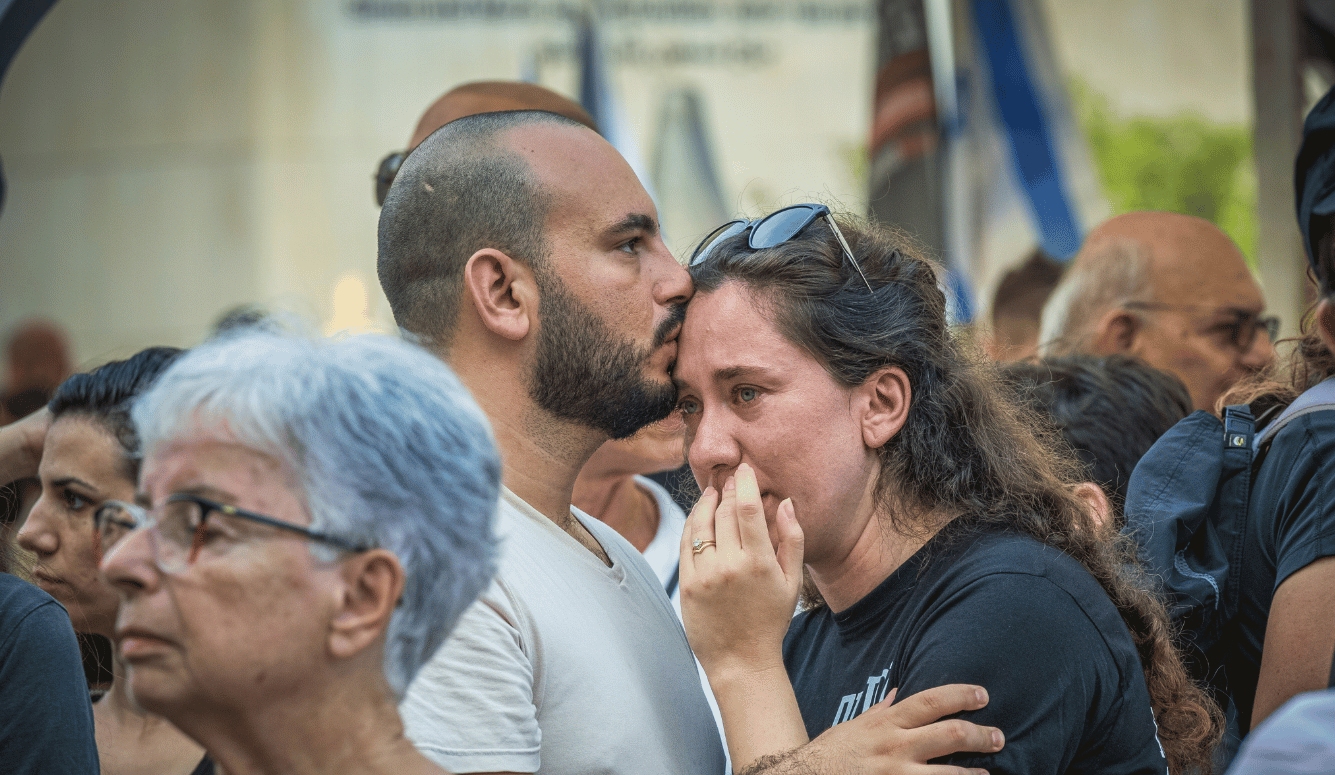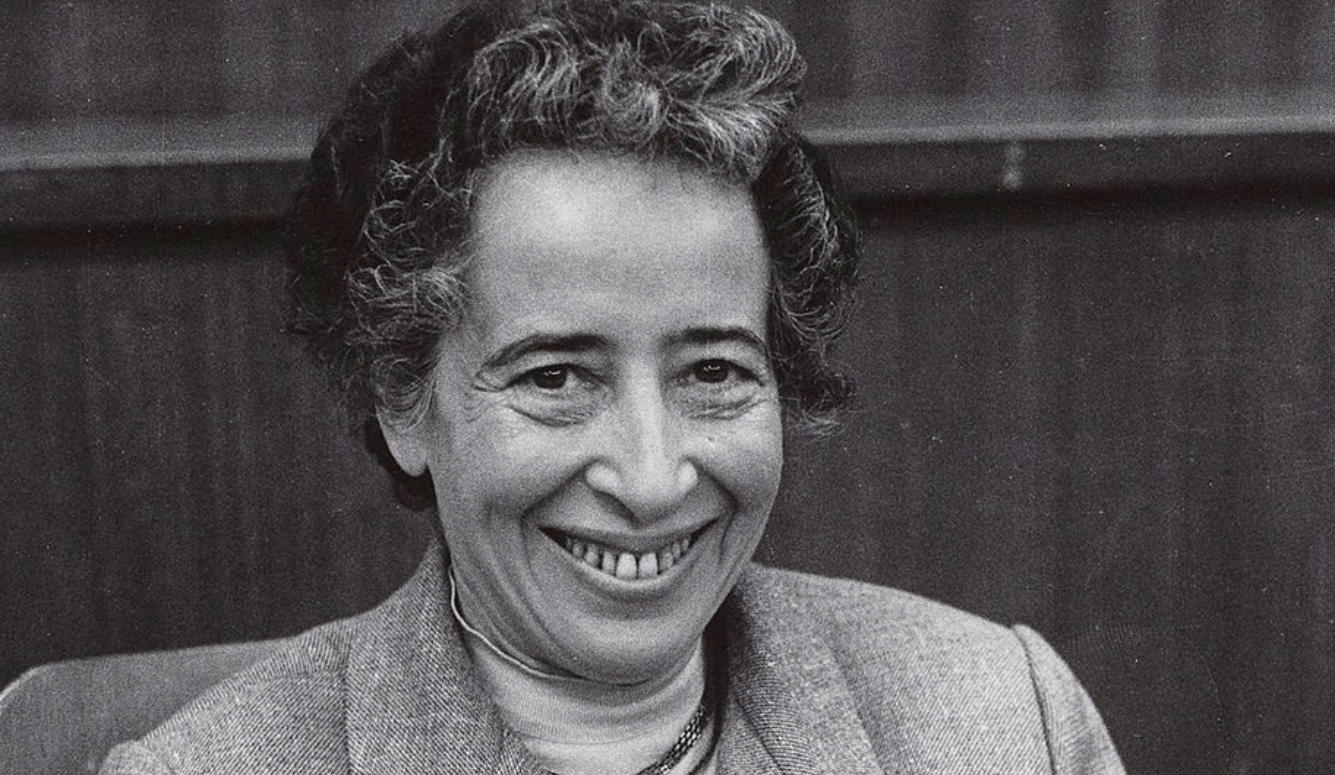Life as a Kuffar: My Seven Lost Years in Kuwait
Every industry in Kuwait is bloated with salaried, citizen employees who pick and choose their working schedules.
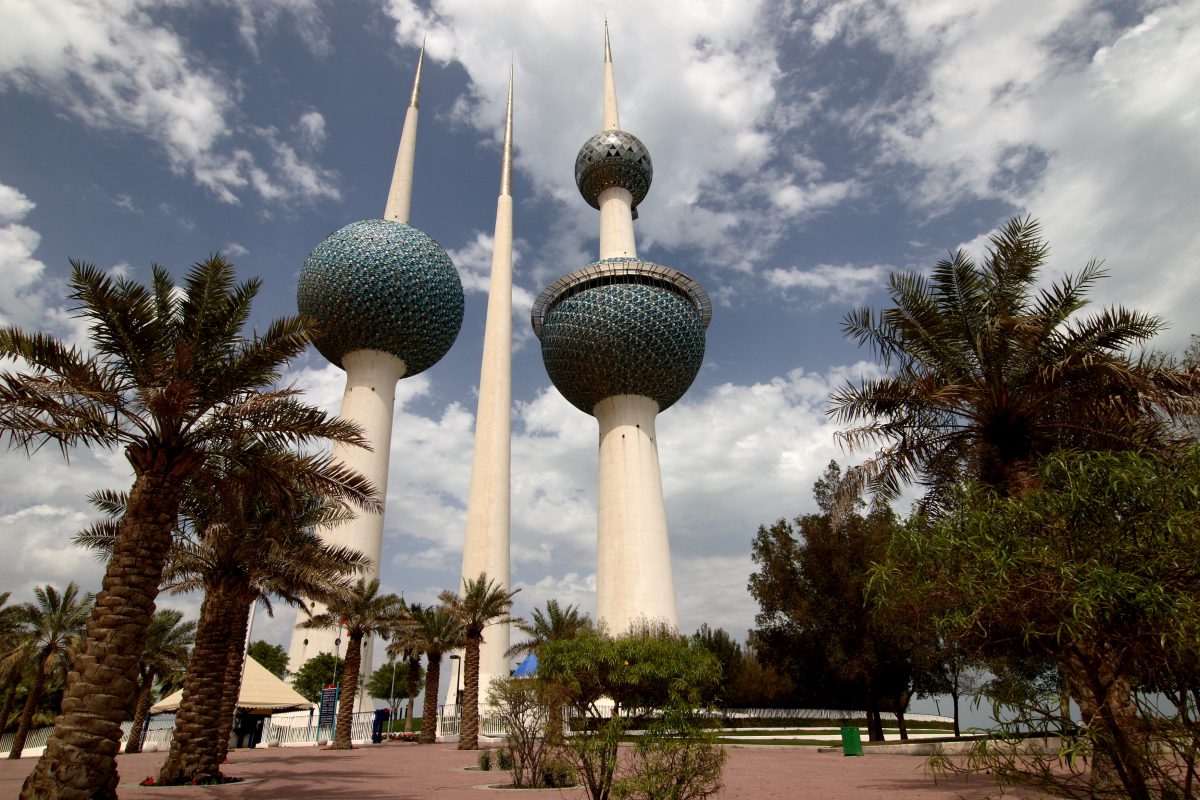
It’s December, 2017, and I’m awash in late-afternoon sunshine, sitting outside around a table with old friends and former colleagues. The setting is a farm in the agricultural sector of Kuwait. We’re drinking tea and maybe bootleg date rum, reminiscing. Some of us are smoking shisha. There are dogs at our feet. At night, the courtyard lights can be programmed to flash and glow in different colors. If you stand on the roof, you can see the oil fires burning at Burgan, the largest oil field in Kuwait.
This is my first time back since I lived in Kuwait between 2006 and 2013, when I was in my thirties. It was a period during which I became uglier, angrier—and, finally, broken. I returned last year to see familiar faces and revisit old haunts. But I also came to figure out why I broke. Was it me? Or was it Kuwait?
I find that some things have changed and many have not. That’s true of me. And it’s true of this country. It’s big things like the rise of ISIS. But it’s also small things. In the supermarket the day before, my friend wasn’t able to locate the paper towels. I gleefully found them—just where they’d been five years ago.
On the drive from the store back to the farm, the driver pointed out properties that have been raided because of alleged connections to ISIS. While the acronym is new, the threat from Islamist militancy isn’t. My Kuwaiti host was a teenager when the Muslim Brotherhood would round up boys playing football and invite them to a villa on the seaside. A place with manicured sports fields and extravagant buffets—available to all boys who stayed for the prayers and sermon.
My host remembers a group of particularly handsome Palestinian footballers being led away by the Imams. After that, he stopped playing. I get angry, and my UK-born hostess sighs: “Why do you always want to rave on about religious fundamentalism?”.
But other guests don’t mind discussing the topic. A Kuwaiti named Abdullah (not his real name), who now describes himself as an ex-Muslim, begins to explain how his own journey pushed him away from his lifelong faith.
Before retiring in his early fifties, Abdullah worked at Kuwait’s Ministry for Islamic Affairs. He had a long beard, and his job mostly consisted of signing in for work each day and then heading back home to sleep for the rest of the morning. He would repeat this process in the afternoon.
This part of Abdullah’s story doesn’t shock me. Every industry in Kuwait is bloated with salaried, citizen employees who pick and choose their working schedules. The public sector, in particular, is a national joke.
But Abdullah’s story is different because he didn’t just give up his job. He left his religion. In retirement, Abdullah started reading. Aside from the Qur’an, books do not feature prominently in the daily lives of many Kuwaitis. And the few titles that are widely read often are the least edifying imaginable. When I would teach a unit about World War Two at a British international school in Kuwait, some kids would show up with their family’s prized copy of Mien Kampf. The Arab attraction to anti-semitism runs deep. Books are censored if they contain Jewish content or Zionist themes. Any sign of Israel is blacked out in atlases, maps and textbooks. It’s not even represented as “Occupied Territories.” It’s just nonexistent.
Abdullah stumbled into Nietzsche and then a blog about atheism, and he quickly got hooked on the subject. His entire value system shifted. Now Abdullah regularly holidays in the West, where he can indulge his new love of cycling and mountain climbing. He’s on Facebook, posting photos, and I marvel at this beardless wonder in cycling shorts, his arm usually around some fellow traveler. He exhibits a joy that you don’t often see in this country. Abdullah is still a Kuwaiti, but in his way, he’s escaped.
***
My own Kuwaiti adventure started in the summer of 2006. At the time, I’d been enjoying an easy gig working for an upscale babysitting outlet that catered to international clients staying at Toronto’s five-star hotels. I signed on to become a teacher in Kuwait despite knowing almost nothing about the Middle East except some half-remembered passages from Thomas Friedman books.
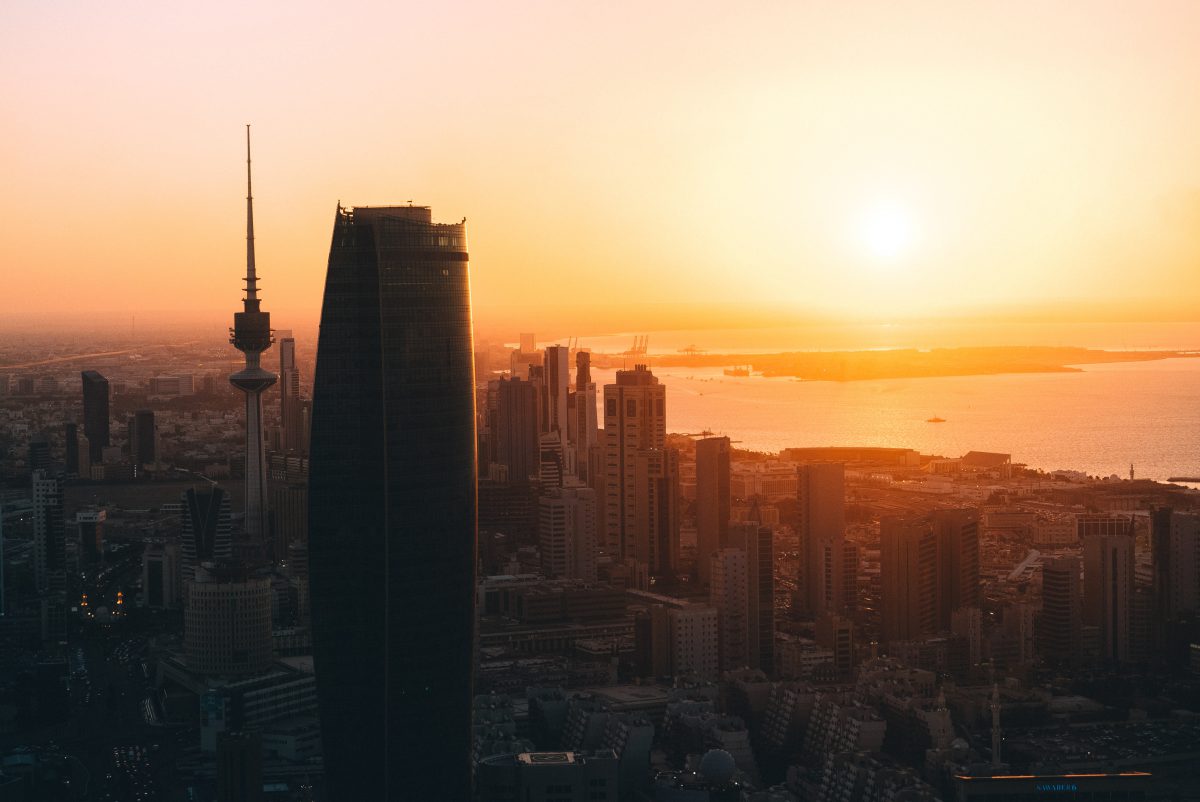
But I knew that Kuwait is a wealthy country. So I was looking forward to the car and driver I imagined I’d have in the desert, and the apartment with a pool deck, from which I’d watch dreamy Arabian sunsets while eating hummus. I packed a bunch of cotton tops, a guidebook, and not much else. My Mother threw in a pocket-sized Bible, and my Father gave me 100 Kuwaiti Dinars. Friends contributed a set of Arabic for Beginners CDs.
There was a group of us, all hired from Canada, traveling together on the long, dry Kuwait Airways flight. A few members of the group had already spent the previous year teaching in Kuwait—and they regaled the rest of us with stories that mostly seemed to involve pool parties at the American Embassy. After we landed, I followed these women into the bathroom, where they engaged in what I later learned was a pre-customs ritual for many travelers to this (ostensibly) dry country: shoving small bottles of booze into body folds.
“But you just go to the big hotels to have a drink, right?”, I asked my fellow travelers, imagining Thomas Friedman nursing a brandy snifter in Beirut.
Wrong. There’s a lot of bathtub-brewed spirits in Kuwait, as well as some even more dubious concoctions that look and smell like something you’d use to service your car. But it’s all made and consumed under the table.
The airport customs desk was chaotic. Everyone was smoking. Thankfully, our visas and paperwork were expertly taken care of by our school’s mandoob—a “fixer.” It’s one of the first Arabic words you learn. The mandoob liaises with Kuwait’s inefficient government agencies, and spends hours collecting stamps on documents from multiple windows in ministries. (The Arab world is very big on stamps, I would learn. Stamping things may not provide much benefit to society. But it’s a job. And oil-rich welfare states need to find ways to keep people employed.)
Mustafa the mandoob pushed our group, along with our passports and luggage, ahead of dozens of other people standing in line — women dressed in blue uniforms, who looked to be from developing countries. They put up no protest as we cut the line and the customs guards waved us through. These were people who knew the drill.
In the arrivals hall, amid a sea of men dressed in white, the heat hit us like a clothes dryer at mid-cycle. But we were quickly hustled onto an air-conditioned bus with curtained windows. Now, was when our magical, holiday-resort adventure would begin.
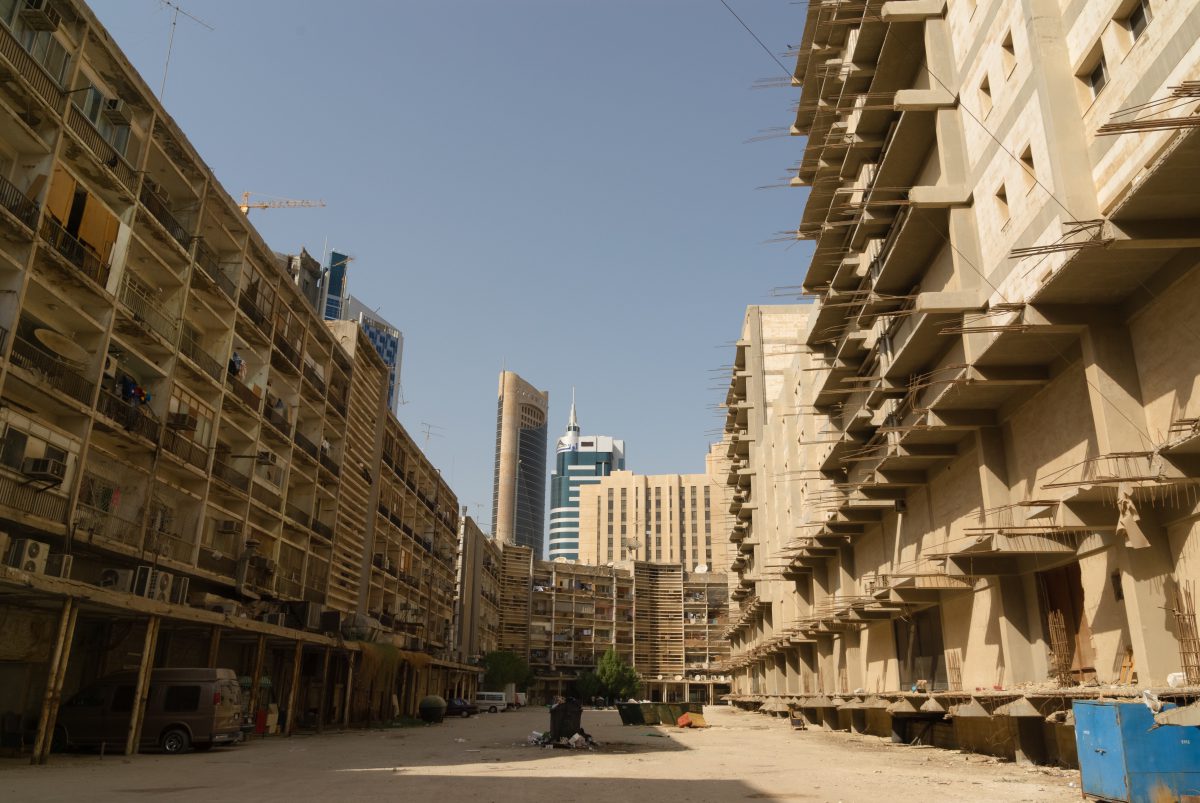
Alas, when the bus pulled up in front of an apartment building in a drab part of town, it was clear we weren’t at Sandals. As the months passed, I would create unhappy memories in this building—many of them originating with the assholes on motorcycles who roamed bored throughout the neighborhood. Kids rang my bell until I cried. Or they’d trap me in the elevator while tossing in lit fire crackers. Every day, I would pass by the same Syrian guy sleeping on a couch in the lobby. I never learned his name.
***
Among Western travelers who spend a few days or weeks in Muslim countries, much is often made of the adhan, the call to prayer. It’s described on travelers’ Facebook pages as beautiful or uplifting. To me, I confess, it was noise pollution.
Mosques in Kuwait tend to be built less than a kilometer apart, which allows worshippers to get to one of them quickly for the five-times-a-day prayers —beginning with the fajar prayer, before daybreak. Imagine hundreds of mosques across a small city-state, each with its own competing muezzin, sing-shouting the adhan through loudspeakers. I didn’t find it beautiful, or uplifting. It just woke me up and made me anxious.
The guy at the mosque beside our building was clearly a smoker. In the early mornings before sunrise, there would be a lot of static as he turned on the loudspeaker system, and then a minute of throat clearing and hoarking as he geared up for the call to prayer.
At the school where I taught, the attached mosque was a place to goof off. Teachers were regularly summoned to remove little boys, amped up on the Red Bull and cotton candy available from the cafeteria, who wandered into the mosque to play. These were always awkward encounters, in which the (usually non-Muslim) teacher would have to try to snatch the offending student without actually putting an infidel foot into the sacred space.
Friday is part of the weekend (the only day off for most ex-pats), with the day’s noon sermon being the religious high point of the week for the locals. At the more fundamentalist mosques, even passersby could hear the Imam whipping himself into what seemed to my ears like a frenzy. I learned that the favorite themes in these sermons were the evils of Western hedonism, Zionist conspiracies, and the best ways to get rid of ex-pats like me. Though I never properly learned Arabic, even casual, long-range exposure to these firebrands helped teach me a few words: Yahudi (Jew), Americani (American), kuffar (unbeliever), and haram (forbidden).
In his 2012 book, Intolerable: A Memoir of Extremes, Yemeni-born Canadian writer Kamal Al-Solaylee wrote: “I hated Fridays, at least until after the noon prayers wrapped up. My idea of happiness and my cultural inspirations were derived from Arabic music and cinema first, and then American and British influences. The constant bashing of everything I liked made me feel I could never belong in this world.”
I admit that the vitriol that spilled out of the mosques—and which also seemed to permeate much of the public life I observed on an everyday basis—put me off my earnest desire to plod through those Arabic for Beginners CDs. Colleagues of mine confessed to the same sentiments: You arrive with a desire to immerse yourself in the language and culture, and then get turned off and stick to English.
***
My hometown of Toronto is renowned for its diversity. In its own way, Kuwait is equally diverse: Public spaces teem with workers from India, Pakistan, Bangladesh, Sri Lanka and Sub-Saharan Africa. But the relationship between Kuwaiti nationals and these temporary workers follows the model of patrician and plebe.
Class warfare occasionally plays out in a very literal way. At the time of writing, the Philippines government maintains a ban on domestic workers going to Kuwait, following on an episode in which a 27-year-old Filipino woman was found strangled and stuffed in a freezer. (Her Lebanese/Syrian employers have been sentenced to death by hanging.) One headline I read recently in the Kuwait Times rejoiced that “The Ethiopians are Back.” They had been banned by the Kuwaiti government after a number of incidents involving the murder of employers or children in their charge. This included a widely circulated video last year that showed a Kuwaiti woman filming her Ethiopian maid clinging from a balcony and crying for help before she fell. The reporter enthusiastically related the “psychological” tests that Ethiopian domestics would now be made to take before they could be deemed “safe” to work in Kuwaiti households.
Arab nationals historically have staffed a large number of the positions in Kuwait’s banks, industry and business—including Egyptians, Lebanese, Jordanians and Syrians. Before the Iraqi Invasion, Palestinians made up a large part of the Kuwaiti economy and merchant class. (In fact, Yassar Arafat himself claimed to have earned a fortune in Kuwait.) But, the Palestinians made the mistake of siding with Saddam Hussein during the 1990 Iraq War. When the war ended, more than 300,000 Palestinians were expelled.
As well, there are every kind of European, and thousands of Americans employed by the DOD who work on American military bases in Kuwait, affiliated contractors and logistical-support operations. Then there are the teachers, like me—many thousands of them — from all over the world.
Only Kuwaiti citizens have access to free education in the government schools. Everyone else must pay. So there are specialized private schools for Indians, Egyptians, British, Americans, Bulgarians, Canadians—you name it—ranging substantially in quality and cost. Many wealthy Kuwaitis, especially members of the professional class, eschew the public system and send their children to the top-tier international schools. While a school might be called the British School of Kuwait, it is mostly a collection of local and Arab-national children, perhaps with some maternity-tourism passport holders.
Even though I lived modestly, Kuwaiti society did accord me a high status because I was a Westerner. Many apartments and jobs are advertised for “Westerners only,” and pay a higher salary than would be paid to someone doing the same job under an Arab passport. Indians are often targeted with special kinds of disparagement, with “Hindi” being used as a routine racial slur. Poor Egyptian workers were openly mocked for the cheap food they ate (including Koushari, a carb-heavy combination of rice, lentils and macaroni). Efforts to root out systemic racism are widespread in the West. But such terms can barely capture the openly observed racial hierarchy that exists in Kuwait.
The lack of empathy for foreign menial workers from poor countries is stunning, and can infect the minds of everyone passing through this society. In one case that remains vividly stuck in my mind, a Lebanese-Australian friend turned her maid over to the police because she discovered the woman was pregnant and unmarried, which is haram. When I asked about the maid’s whereabouts, she proudly told me that the woman was now in jail and would soon be deported.
Kuwait is one of the richest countries in the world, with per capita GDP of close to US $70,000 per year. Yet the poverty that exists among many menial workers is acute. There are no international aid organizations to help. No bustle of humanitarian do-gooders and institutional watch dogs. Temperatures in some especially hot patches of the country can surpass 50 degrees. But this data tends to be suppressed, because outdoor work is forbidden when the mercury rises above a certain level. There are simply too many building projects to finish. In these areas, it’s always officially 49 degrees.
In large and small ways, men are emasculated by one another depending upon where their nation of origin sits on the status hierarchy. Outside workers wear orange jumpsuits and get casually abused. When we would have buffet lunches at school, the maids were invited to take the leftovers. We would look the other way, embarrassed by how hungry they seemed. I had plenty to eat, but suffered for being part of such a system. The hypocrisy of a place that purports to be ruled by religion, yet is governed by greed and cruelty, corrodes the soul.
***
During my first year in Kuwait, I worked at a school that was owned by prominent Kuwaitis with close ties to the ruling Al Sabah family. Most of the students in my class were related, including by way of first-cousin marriages among their parents or grandparents. The “All About Me” September projects that are popular with teachers, took on an interesting aspect as I attempted to trace family trees that entwined and crisscrossed. I would soon discover that moving around the school with my class was a complicated and time-consuming process, as meetings between family members occasioned obligatory rituals of kissing and greetings.
Yet for all these gestures of intimacy, I rarely observed much in the way of overt joy. Public affection between men and women generally is forbidden in Kuwait, and a scent of loneliness wafts throughout the country. There are few opportunities for boys and girls to learn about each other when they are young, and certainly nothing akin to modern sex education. We have learned what happens in repressive cultures in which healthy sexuality is taboo. Someone always pays a price, and often it’s children. This point was driven home to me during my first year in Kuwait, when guards had to be placed in front of the boys’ bathrooms at school because older male students were sexually assaulting the younger boys.
In Kuwait, beauty usually is reserved for the private space. What should have been a gorgeous shoreline was littered with junk—including chicken bones from past beach barbecues and lots of diapers. (No one cleaned the beach because locals didn’t use it — since that would involve displays of flesh.) In my apartment building, it was seen as an acceptable practice to simply chuck garbage bags out the window. A full mattress once sailed past my view.
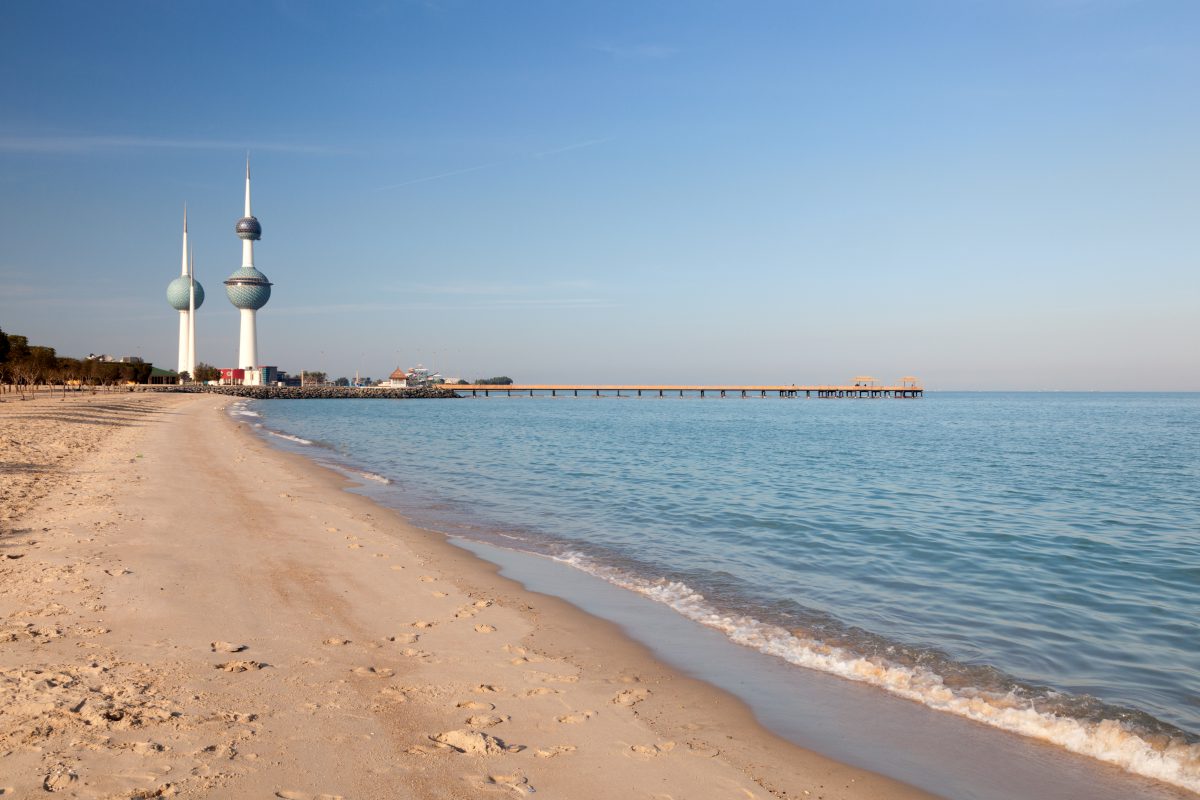
One weekend, a friend and I were paddling (more or less fully clothed) when a car stopped and two men got out. One of them started swimming beside us. He was trying to touch us in the water while maniacally grinning and romancing us with lines like “sex me.” We yelled at him, and even brandished a stick. Finally, we convinced the man’s driver to coax him out of the water.
***
Given the many negative impressions I am relating, readers may wonder why I stayed in Kuwait for so long. The answer was no different from that which other expats might give: I did it for the money.
Most of the locals I met had internalized Kuwaiti culture, and didn’t know any other life. But there were brave rarities, such as Abdullah, who managed to find their own path by casting away the hypocrisies and dogma they had grown up with.
When I left Kuwait after seven years, I realized that I, too, was pushing down a new path. The creed I had grown up with in Canada was one of cultural relativism: I believed that all cultures were more or less equal, and that every culture had something important to teach me about the way to think and live. But my time in Kuwait cured me of that idea. The starry-eyed traveler who first touched down in the desert is no more. I am now truly woke.
“It was like working in a dark cave with the aid of a single candle,” Thomas Friedman wrote in From Beirut to Jerusalem. “Just when you thought you had spotted the white light of Truth, you would chase it, only to discover that it was someone else, also holding a candle, also looking for the light.” Friedman wrote those words almost 40 years ago, but from what I saw, very little has changed.

